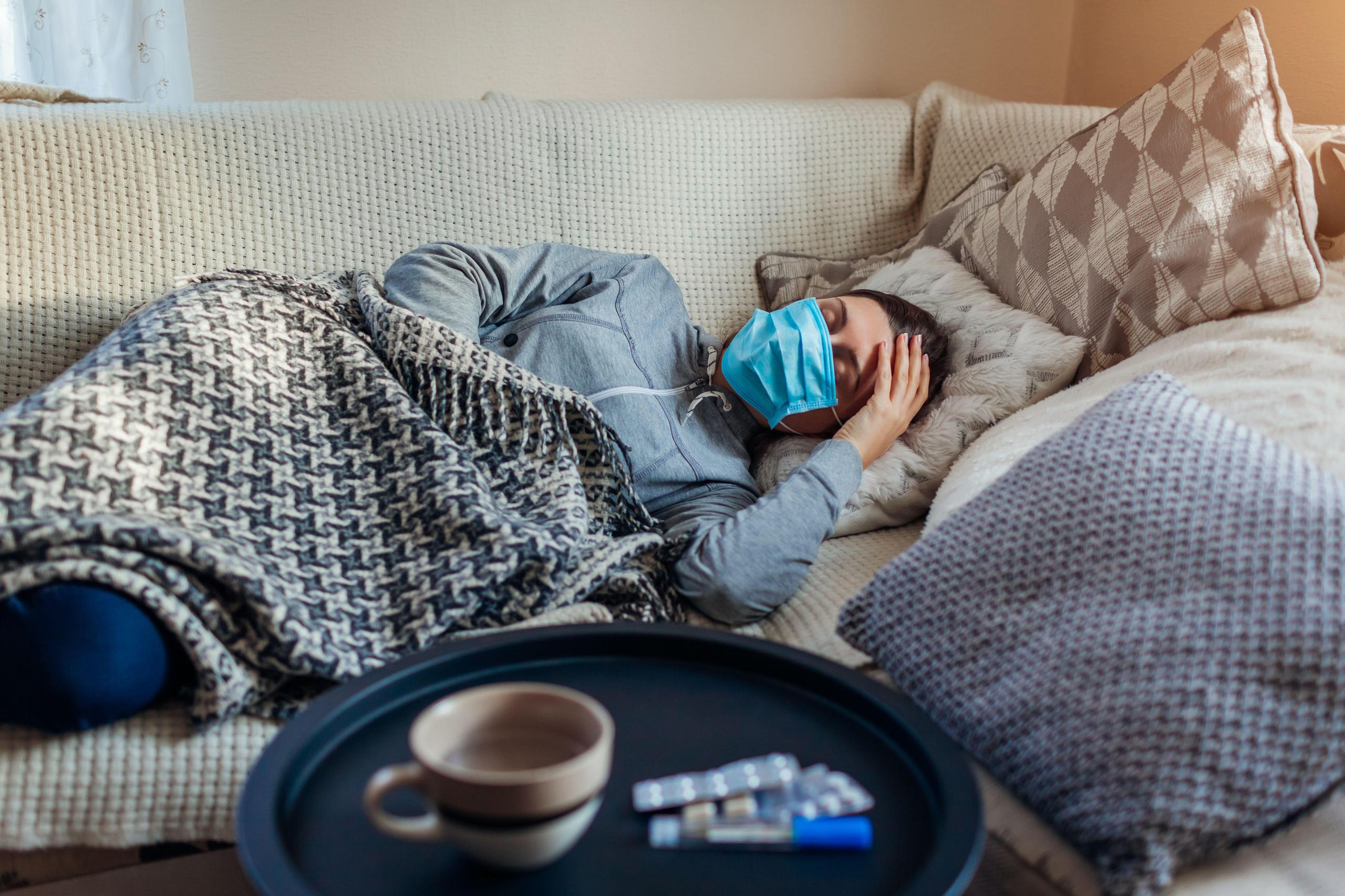
Long Covid: 40% still have symptoms after seven months

Four out of ten people still report symptoms of Covid-19 more than seven months after infection, according to a study by the University Hospitals of Geneva (HUG) and the University of Geneva (UNIGE).
The study, published on Tuesday, was conducted among 410 people who tested positive for Covid-19 but who did not require hospitalisation. Of these, 39% reported symptoms persisting seven to nine months after infection.
Fatigue was the most common lasting effect (20.7%), followed by loss of taste or smell (16.8%), shortness of breath (11.7%) and headache (10%). The results are comparable to international studies of the same type, but with a smaller number of participants.

More
‘Long Covid’ sufferers fight for help and recognition
It seems that men and women are not equal when it comes to so-called long CovidExternal link. Female patients are more prone to fatigue, shortness of breath and headaches, saidExternal link Mayssam Nehme from the HUG’s Department of Primary Care Medicine.
Symptoms come and go
Age, on the other hand, plays no role in the onset of long Covid. “All age groups are affected, including the young and healthy,” Nehme said. However, the prevalence of certain symptoms varies among age groups. For example, 40- to 60-year-olds report more muscle pain.
In addition, people who developed more Covid-19 symptoms in the days following infection were more likely to develop persistent symptoms. “Surprisingly, the symptoms can also appear and disappear over time,” according to the study. This phenomenon remains unexplained.
In general, persistent symptoms of Covid-19 remain mild to moderate. However, they do affect quality of life. “People who were in optimal shape before their infection are clearly no longer in optimal shape afterwards,” said Idris Guessous, epidemiologist at the UNIGE Faculty of Medicine.

More
Coronavirus: the situation in Switzerland

In compliance with the JTI standards
More: SWI swissinfo.ch certified by the Journalism Trust Initiative




























You can find an overview of ongoing debates with our journalists here . Please join us!
If you want to start a conversation about a topic raised in this article or want to report factual errors, email us at english@swissinfo.ch.